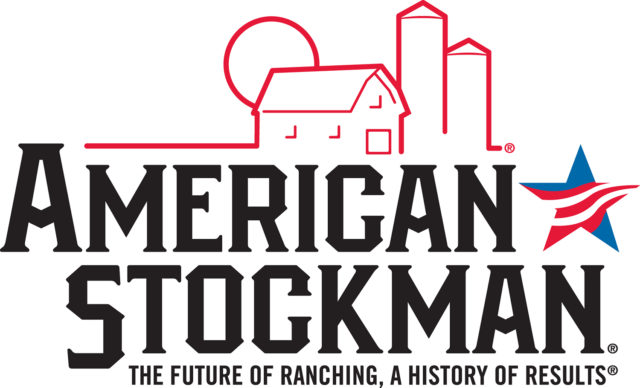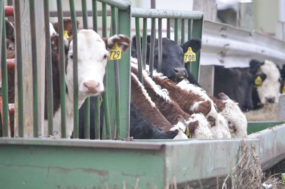When you study the results of the extensive survey and audits done by the NBQA, which are summarized by an insert in the center of this edition, the overall impression is one of an industry unafraid to scale challenging peaks.
A few of the most impressive accomplishments worth noting:
• Higher percentages of carcasses grading USDA prime and choice
• Healthier beef products, including cuts with reduced fat, through genetic selection
• Reduced instances of injection site lesions on carcasses
• Higher percentage of producers using more animal ID
• An established network of export markets stronger than ever for U.S. beef
• A steady supply of beef in the U.S. market in spite of declining herd numbers nationwide
Looking ahead, the biggest challenge as reflected by the beef audit interviews is no mystery: Beef producers must lose their hesitance to the spotlight and start sharing their story about the production of beef cattle. If they don’t they risk being defined by critics more savvy and savage in today’s social media.
That obstacle may seem like a small problem, but it’s a sticky issue that creates more problems the longer producers choose to ignore it.
When we don’t defend what the industry is all about, the most uninformed groups and parties can paint beef production with a broad brush that is nowhere close to the truth. Shockingly, that trend can be found among the most unlikely of critics.
This summer, beef producers were stunned to hear about a USDA newsletter sent to its employees promoting “Meatless Mondays” in the agency’s communiqués to agency workers.
Not only did the message try promoting a vegetarian diet by disparaging meat protein, but it did so by parroting weak data undermining the sustainable impact of modern production.
Cattlemen were rightfully incensed by the message, which USDA promptly removed and followed up by claiming “Meatless Mondays” were never an approved campaign.
But it’s a jarring wakeup when the government agency overseeing livestock production is the messenger slamming the merits of beef.
Seeing the USDA foster this attitude may be an insult to producers. But the industry has overcome tougher challenges than some government bureaucrats with a keyboard and a newsletter.
What’s more critical is connecting with consumers who enjoy beef, believe in its nutritious value and trust ranchers producing it. Charting that progress today and in the future will be the responsibility of everyone in the chain. ![]()








